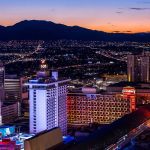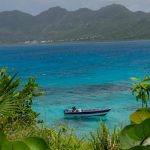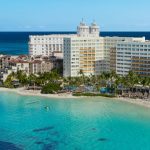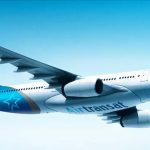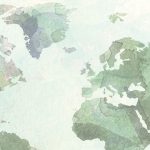Ian Stalker
Cuba says tourists can be confident about their health in the country
Cuban tourism authorities are patiently working at rebuilding their tourism trade and citing the measures the country has taken to safeguard people from coronavirus while doing so.
Cuba joins other countries that have seen the coronavirus pandemic take a heavy toll on their tourism trades and expect that the first six months of 2021 will be slow as international tourism continues to struggle.
But Lessner Gomez, who oversees the Cuba Tourism Board’s Toronto office, says those Canadians toying with a Cuba vacation in the near future but who are worried about becoming sick while on holiday should be reassured by Cuba’s medical system and the way that system is dealing with coronavirus.
“Cuba’s reaction to the coronavirus threat was swift,” he states. “We were prepared before the virus arrived. The keys to our success have been the preventive approach, testing regime and contact tracing. A “prevention and control” plan, prepared in January 2020, included training medical staff, preparing medical and quarantine facilities, and informing the public — including tourism workers — about symptoms and precautions. So, when the first three reported cases were confirmed on March 11, arrangements were in place to trace and isolate contacts, mobilize medical students for nationwide door-to-door surveys to identify vulnerable people and check for symptoms, and roll out a testing program.
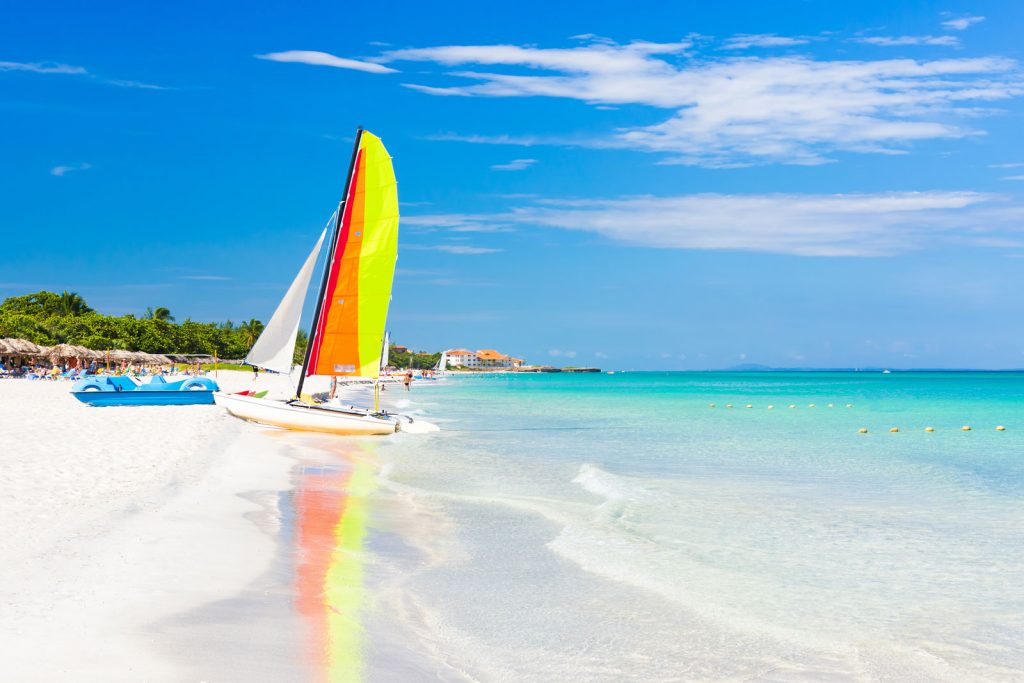
“As issues arose, the Cuban government adjusted its response. For example, when face-masks and physical distancing proved insufficient to keep public transport safe, services were suspended and state and private vehicles and drivers were hired to transport patients and essential workers. And to reduce crowding in shops, the distribution system was reorganized and online shopping introduced. Physical distancing enforcement has also been stepped up in response to instances of non-compliance.”
Cuba’s reported cases of coronavirus are based on tests using WHO protocols, and Gomez says Cuba leads the region in testing. Around 40% of Cuba’s recent positive results are from asymptomatic cases.
“Cuba’s contact-tracing and testing regime has gotten the disease under control, its experience might offer lessons for controlling the pandemic, and more of its doctors will be available to help with the effort to combat the pandemic around the world,” Gomez says.
Transat, Hola Sun, Air Canada Vacations and Sunwing are now sending people to Cuba, and Gomez acknowledges that travelling is a personal decision.

But he adds that those wanting to go should be reassured by the medical staff that will be on hand.
“There is an international clinic in all resort areas in Cuba,” he reports. “Also, as part of the Covid-19 measures, there is a medical team (consisting of a doctor, a nurse and an epidemiologist specialist) at every single hotel, who will monitor the health of their clients and staff throughout their stay in Cuba.”
“Canadian tourists traveling to the island can rest assured that the Cuban health system is there to protect them and its services are largely available at all International clinics and through the medical team of doctors and nurses at all the hotels.”
Cuba adopted what’s billed as the “new normal” in mid-October and all the major destinations were reopened to tourism but Gomez notes the situation remains fluid and as “we moved into the second wave of Covid-19, the local authorities had to put some restrictions back in place, especially in big cities like Havana and Santiago.”
Gomez concedes that Cuba has gotten off to a slower start than Cuban tourism officials were hoping for, with the international strength of the pandemic, Ottawa’s insistence that Canadians returning home from abroad self-quarantine for two weeks and a slow vaccination process here curbing hoped-for growth.

Cuba also offers PCR tests right at the hotels in the main destinations of Varadero, Cayo Coco, Cayo Santa Maria and Holguin. The test costs US$30 and is payable only by credit or debit card.
“Clients staying at hotels in these destinations can have peace of mind that the test is done right at their hotels”, says Gomez. “Guests will be advised upon arrival during the welcoming briefing about all the details on how to get tested and how to arrange the appointment through the doctor at each hotel. For clients staying in private homes, they can get tested at all international clinics in Cuba, which are located throughout the country.
“Cuba has a world-class health system and the highest doctor/patient ratio in the world — three times more than Canada We are totally ready to accommodate increased testing.”
Cuba also has further simplified the process for Canadian visitors entering the country — they need only their passport, tourist card and covid-19 insurance, which is included in the holiday package in most cases, or can be bought locally upon arrival for US$30. The PCR test will be done upon arrival at the airport in Cuba.
“As more people get vaccinated, the rules could be loosened and pent-up demand could lead to a better second half,” Gomez says.

